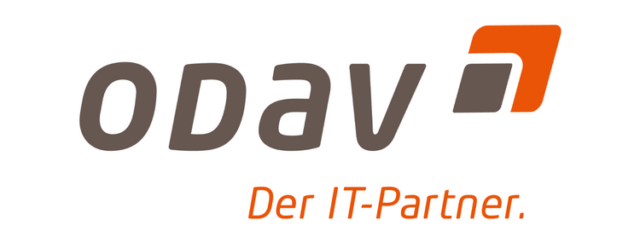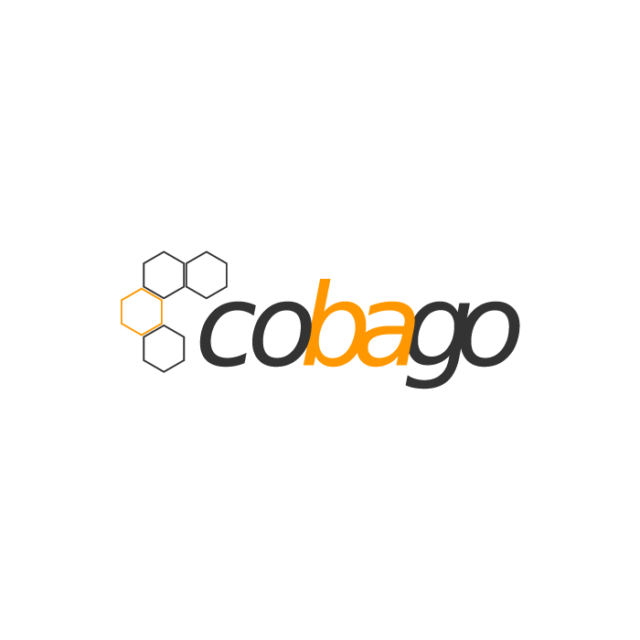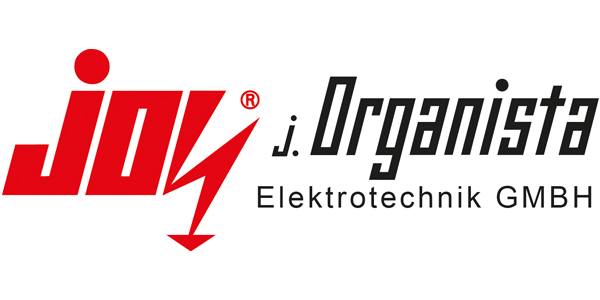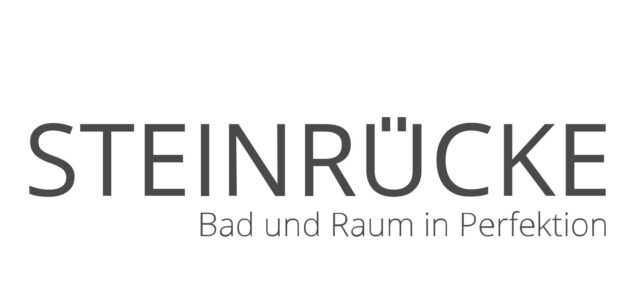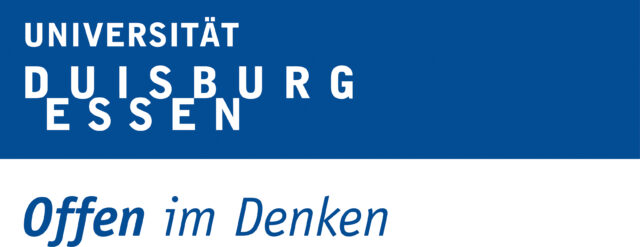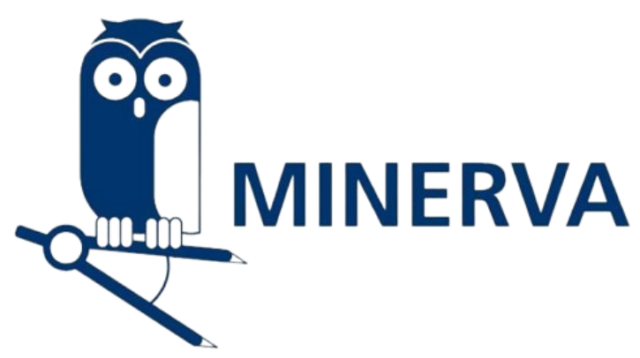


1. Initial situation
With around one million small and medium-sized enterprises and around 5.5 million employees, the German skilled trades sector is at the heart of the German economy.¹ The degree of digitalisation in the skilled trades sector is currently still very low, although process optimisation through simple AI solutions such as chatbots and augmented reality holds enormous potential for value creation at both a business and economic level. The research project evaluates scalable use cases, implements them and develops an AI ecosystem that is tailored to the specifics of the skilled crafts industry.
2. Challenge
The technological maturity of artificial intelligence and augmented reality in terms of technical feasibility is almost 100% today. However, the challenge is to establish the technological solutions as a service and sustainable business model in the sense of a platform approach. A key use case within the research project is, for example, the scanning of heating system nameplates and the creation of a database that provides tradespeople with self-help information via their AR glasses or smartphone. Manufacturer-related stand-alone solutions are only of limited help here, as repair work is carried out on different and sometimes unknown systems. It is therefore necessary to develop a centralised, cross-provider knowledge database that can be used by many user companies. It is therefore not just a question of technological implementation, but above all of designing a collaborative ecosystem in which costs and benefits can be distributed in a value-adding manner.
3. Implementation
Through cooperation with an electrical, painting and plumbing, heating and systems company, the work processes and information requirements of the tradespeople and customers were recorded in detail and compared and prioritised with possible AI support. Kauz.ai supports domain-specific knowledge management with the aiStudio and provides the user interface for targeted information transfer with its AI assistants. ODAV - as the leading technology partner for German trade businesses - hosts the AI solutions centrally so that no technical maintenance work is required at user companies.
4. Results
All user companies in the Minerva project were equipped with simple digital assistants within a very short space of time, be it product consulting integrated into the painting company's website or various tools for the independent optimisation of energy purchasing and the associated electrical installations. Further expansion stages of process digitalisation are being worked on, always with the focus on ensuring that other trade businesses can also benefit from the solutions.
5. Outlook
The research project will run for three years with the aim of establishing practice-orientated research work for various trades as a concrete market offering. An important focus is the promotion of the digital mindset in the skilled trades. The Minerva project group provides suitable solutions for businesses that are ready for change, which will continue to be operated by the commercial project partners in the long term. The added value of rapid adaptation of AI in the skilled trades is enormous and ranges from up- and cross-selling potential through 24/7 availability, cost savings through the reduction of travelling times to solving the shortage of skilled workers through the successful integration of migrants with the help of multilingual AI assistants.

Strong partner network for AI transformation in the skilled trades sector
AI practice guide
This e-book provides you with checklists and insights into best practices
for the introduction of artificial intelligence.
© 2024 Kauz GmbH. All rights reserved.


